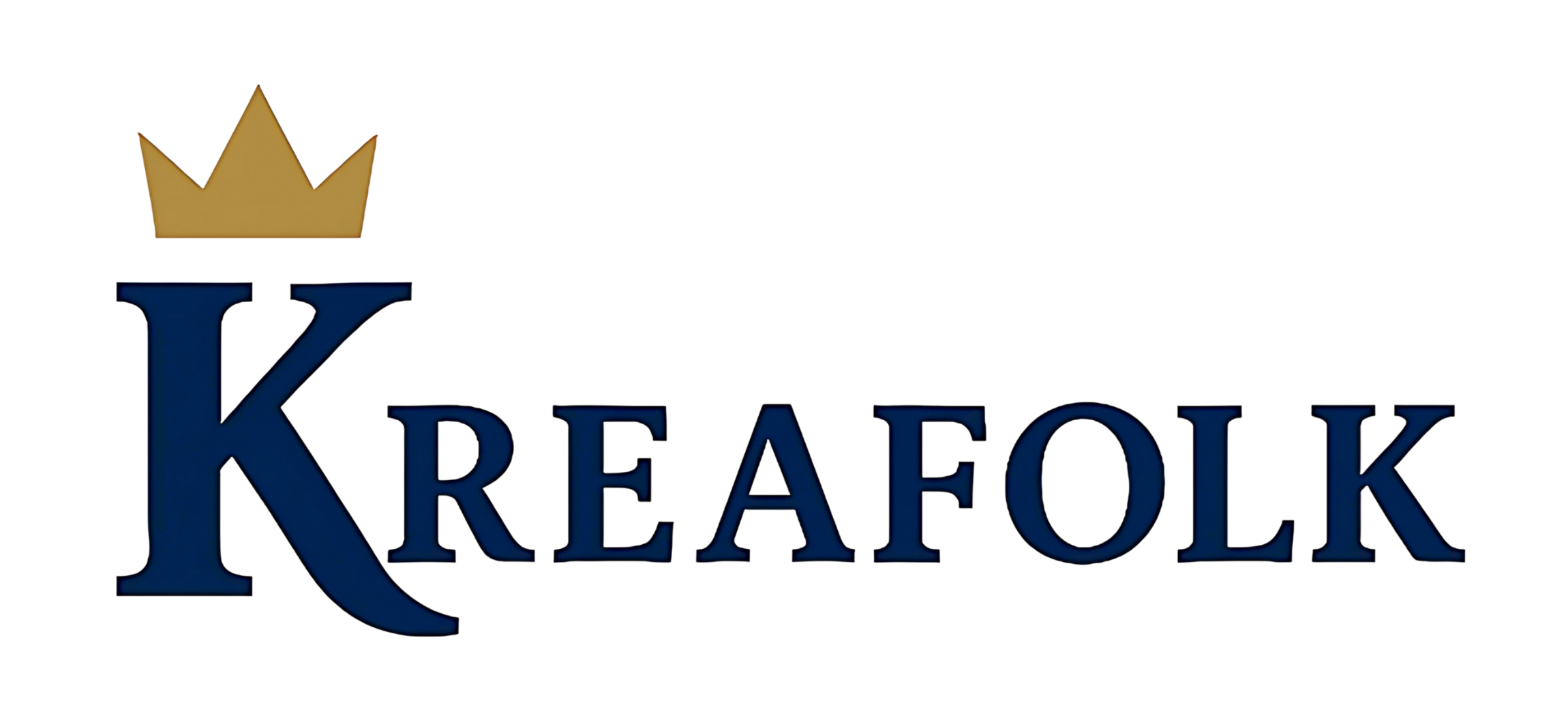In a world of mobile wallets, instant transfers, and AI-powered banking, why are businesses still clinging to duplicate checks? That’s right—single vs duplicate checks might sound like a 90s office debate, but here in 2025, it’s more relevant than ever.
Spoiler alert: it’s not just about being “old school.”
This article dives deep into why duplicate checks remain the go-to tool for many businesses, how they stack up against single checks, and what this means for your accounting, recordkeeping, and fraud prevention strategies.
Let’s unlock the surprising staying power of this analog solution in a high-speed digital world.
What Are Duplicate Checks?
Duplicate checks are traditional paper checks with a carbonless copy underneath. When a check is written, the pressure of the pen creates an instant duplicate record below—no scanning, no typing, no fuss.
That means every time a check is written, there’s a built-in backup.
Single checks, by contrast, offer no such second layer. If you forget to log the transaction, good luck tracking it down later.
Single vs Duplicate Checks: What’s the Difference?
Here’s a quick comparison:
| Feature | Single Checks | Duplicate Checks |
| Copy of Transaction | None | Instant carbonless copy |
| Ideal For | Personal use | Business transactions |
| Recordkeeping | Manual effort needed | Auto-copy |
| Cost | Slightly cheaper | Slightly more expensive |
| Convenience | Less | More |
| Paper Trail | None unless manually tracked | Always available |
So, single vs duplicate checks come down to one word: accountability.
Why Businesses Still Prefer Duplicate Checks in 2025
You might assume everything is digital now—but reality begs to differ. Here’s why duplicate checks are still thriving:
- Audit Compliance: Financial audits are smoother when there’s a physical trail.
- Low-Tech Insurance: No Wi-Fi? No problem. Duplicate checks work anywhere, anytime.
- Employee Use: Businesses issue them to employees for vendor payments—duplicate copies provide proof.
- Litigation Backup: Legal issues? Your duplicate check may be Exhibit A.
Still think this is outdated? Think again. According to a 2024 survey by the American Bankers Association, 43% of small businesses still use paper checks regularly.
Benefits of Using Duplicate Checks
Duplicate checks offer some serious advantages over their single-layer counterparts:
Instant Recordkeeping
No software. No manual entry. Just write and go. Your duplicate check keeps the backup.
Built-In Accountability
Staff can’t claim “I didn’t write that check” when there’s a physical duplicate.
Fraud Prevention
A mismatch in entries? Duplicate copies help detect errors or shady moves fast.
Peace of Mind
Disasters, tech failures, and rogue software updates won’t erase your transactions.
IRS & Tax Time Ready
IRS audits love paper trails. Duplicate checks save hours during tax season.
When Single Checks Make More Sense
Despite the perks, single checks have their place too:
- For individuals: Less bulk, less cost, and no need for carbonless copies.
- For fully digital companies: Businesses that rely entirely on accounting software may never need paper trails.
- For low-volume check usage: Writing 1–2 checks per year? You probably don’t need the duplicate feature.
So yes—when considering single vs duplicate checks, context is king.
Real-Life Case: How a Retailer Avoided a $50K Loss
In early 2024, a midsize furniture retailer in Chicago caught an embezzlement scheme—thanks to duplicate checks.
An employee was writing checks to a fake vendor and pocketing the cash. The digital record was doctored, but the duplicate check copy told the real story.
Result? They recovered over $50,000 in stolen funds—and avoided further damage.
Expert Take: What Financial Advisors Say
“In a hybrid finance system, paper and digital must coexist. Duplicate checks are the cheapest insurance policy you can buy for your books.”
— Joanna Maxwell, CPA & Financial Consultant, 2025
“Single vs duplicate checks? Always choose what protects you better. For businesses, that’s almost always the duplicate.”
— Brian Torres, Business Banking Advisor, Chase Bank
FAQs
Q: Can I get duplicate checks for personal use?
A: Yes, but they’re more popular with businesses.
Q: Are duplicate checks more expensive?
A: Slightly—but the recordkeeping value is worth it.
Q: Can I use duplicate checks with accounting software?
A: Absolutely. Use the digital and paper trail in sync for best results.
Q: What happens if I lose a duplicate checkbook?
A: Like any checkbook, cancel the checks and report them. The duplicate still helps identify what was written.
Final Thoughts
In the eternal debate of single vs duplicate checks, one thing is clear:
Duplicate checks are not obsolete. They are underrated.
If you’re running a business, handling employee disbursements, or just want more transparency—duplicate checks are your reliable friend in the background, quietly logging every move.
In a digital era full of vanishing receipts and glitchy records, duplicate checks provide certainty.

